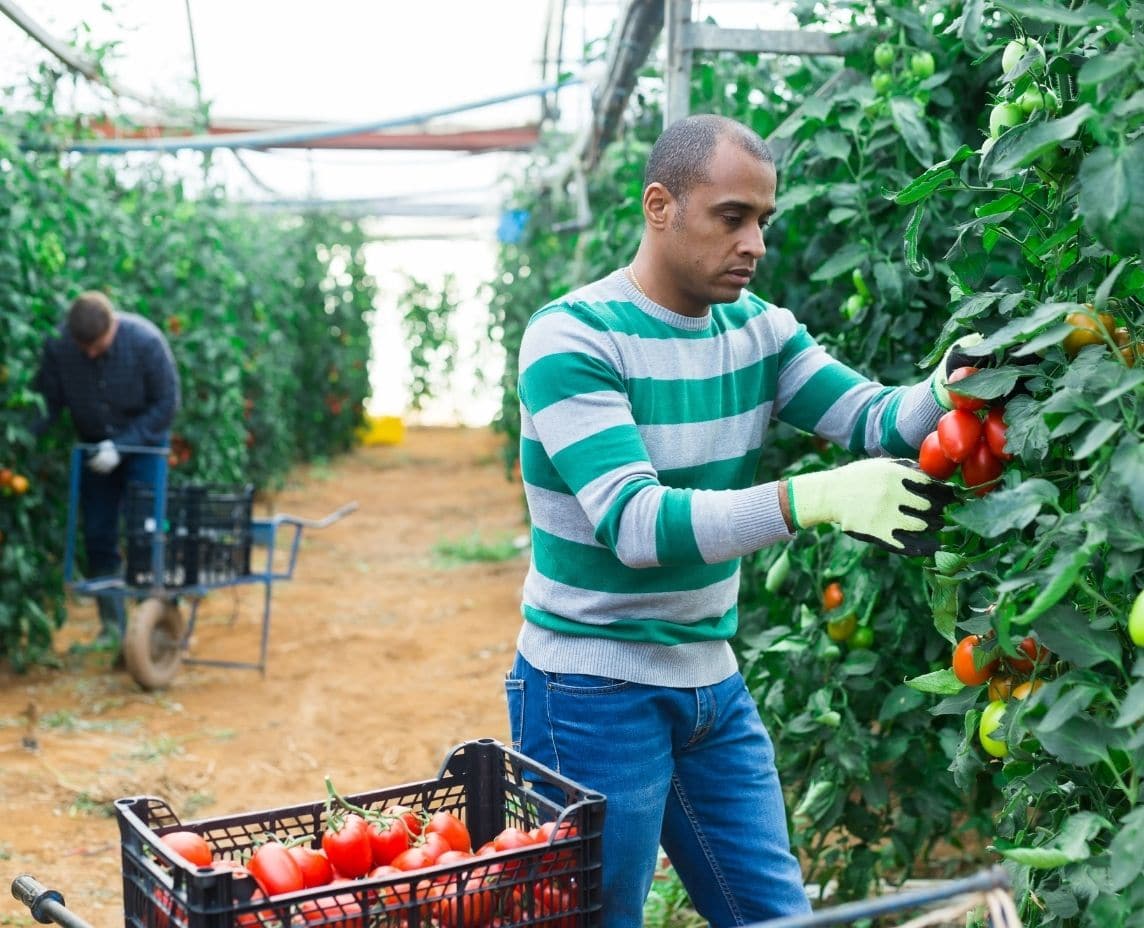Chronic poverty and lack of employment opportunities in Palestinian Area C have been exacerbated by the impact of COVID-19, weakening its precarious economy with the loss of employment of workers in the region’s companies and further isolation from the rest of the country, severely affecting local agricultural markets.
78% of families in Area C depend on agriculture for survival and only 28% of the population has a job that guarantees their livelihood. ¼ of households depend on assistance to ensure their food security.
This intervention would facilitate the establishment of economically, socially and environmentally sustainable business initiatives, creating employment and wealth by strengthening local value chains, encouraging responsible consumption of resources and generating social change. In order to ensure ownership and integration into the infrastructure of the target communities, the initiatives will be designed and led by young women and men from the target areas.
The ultimate objective of the project is to recover sustainable livelihoods that improve the resilience of the most vulnerable population in Area C and for this, the intervention is going to be articulated in 4 axes:
Training:
Aimed at young women and men who have completed their studies or have equivalent professional experience, lacking the necessary mechanisms (knowledge and resources) to start up their business projects. Secondarily, universities, ministries and training centres that do not have the necessary curriculum, approach and resources to promote entrepreneurship will be involved. In this sense, it is not only intended to impact the lives of the project participants, but also those of the next generations of students/entrepreneurs.
Entrepreneurship:
Training and entrepreneurship go hand in hand in a process that seeks tangible products for the owners of initiatives, whether or not they are selected for the entrepreneurship phases. This axis includes 5 stages: pre-incubation, incubation, acceleration, access to financing and post-establishment follow-up of the business.
Priority will be given to the selection of green business initiatives due to the interrelation between the deterioration caused by agricultural development on ecosystems and biodiversity (increasing the risk of zoonotic diseases) and those that guarantee the participation of women, who are particularly affected by the informal labour market in crisis contexts such as the current crisis.
- Establishment of networks that include ministries, universities, vocational training centres and the private sector:The project includes 2 axes of national scope through a round of working tables with the Ministries of Agriculture and Entrepreneurship, educational centres and the private sector that identify the existing gaps in the promotion of youth entrepreneurship and design a guiding document that will help the different public and private institutions to improve their impact in that field in the short term.
- Socialisation of the processes and results of the intervention:A wide range of socialisation and accountability mechanisms (webinars, documentary, awareness raising events, etc.) will be included to facilitate networking and promote the expansion of this type of initiatives and social change in the future.





